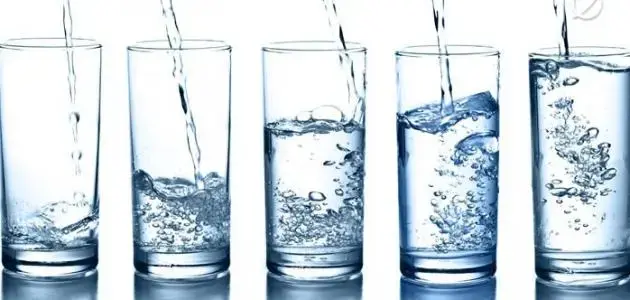What Is Dehydration?
Dehydration occurs when the body loses more fluids than it takes in, leading to an imbalance that can affect essential functions. This condition can result in the loss of vital electrolytes like sodium (hyponatremia) or may present as a water-only deficit with increased sodium or glucose levels (hyperosmolar dehydration). Accurate diagnosis requires lab tests, medical evaluation, and a thorough patient history.
Complications of Dehydration
If left untreated, dehydration can lead to serious complications, including:
- Kidney failure: Due to reduced blood flow caused by low blood pressure.
- Coma: Caused by decreased blood supply to the brain.
- Shock: Resulting from diminished oxygen delivery to vital organs.
- Electrolyte imbalance: Disrupts muscle and heart function, potentially triggered by underlying illnesses that cause fluid loss.
Common Causes of Fluid Loss
The body naturally loses fluids through sweat, breathing, urination, bowel movements, saliva, and tears. While these are typically replenished by water, food, and fluids, excessive loss without adequate replacement can lead to dehydration. Common causes include:
- Fever
- Diarrhea
- Vomiting
- Insufficient water intake due to illness (e.g., sore throat, mouth ulcers), forgetfulness, or lack of thirst awareness
- Food poisoning from contaminated food leading to vomiting and diarrhea
- Excessive urination, often due to medications or untreated diabetes
- Profuse sweating from exercise, hot weather, or medications
- Prolonged rapid breathing during intense physical activity
Medications That May Cause Fluid Loss
- Glutamine supplements
- Irinotecan
- Lenalidomide
- Meloxicam
- Moxifloxacin
- Diuretics such as Spironolactone and Furosemide
Signs and Symptoms of Dehydration
Several signs may indicate dehydration, including:
- Skin: Dryness, redness, and cracking, especially on the lips
- Breath: Bad breath due to dry mouth and reduced saliva
- Urine: Dark yellow color and reduced frequency
- Constipation: Due to lack of water aiding bowel movement
- Hunger and thirst: Water can reduce appetite; chronic low intake may be linked to higher body weight
- Low blood pressure: Since about 55% of blood is fluid, dehydration can cause a drop in pressure
- Fatigue and tiredness: Even while resting
- Headaches: Often related to reduced blood flow
- Nausea and dizziness: Can result from low blood pressure
- Fainting: Especially when standing up quickly
- Rapid heartbeat and breathing
- Impaired brain function: Affects focus, alertness, and cognition
- Mood changes: Linked to anxiety, depression, and stress
Dehydration Symptoms in Children
- Dry mouth and tongue
- Crying without tears
- No urination for 3 hours or more
- Sunken eyes, cheeks, or abdomen
- Fever
- Fatigue or irritability
Diagnosis and Treatment of Dehydration
Doctors diagnose dehydration based on symptoms and lab tests such as blood tests (to assess electrolyte levels and kidney function) and urine tests (to gauge dehydration severity and detect possible infections).
The primary treatment is fluid and electrolyte replacement. The approach depends on the cause, severity, and the patient's age. In mild or moderate cases caused by vomiting, diarrhea, or fever:
- Children and infants: Oral rehydration solutions (ORS) are recommended. Start with small amounts (e.g., one teaspoon every 1–5 minutes) and gradually increase the dose based on tolerance.
- Adults: Increase fluid and water intake.
Severe dehydration requires emergency care and intravenous (IV) fluids for faster absorption and recovery.
The Importance of Water for the Body
Daily hydration recommendations are 15.5 cups for men and 11.5 cups for women. Water plays essential roles in the body, including:
- Producing saliva
- Eliminating waste
- Regulating body temperature
- Supporting brain function
- Protecting tissues, spinal cord, and joints
- Preventing constipation
- Helping with nutrient absorption and digestion
- Boosting energy by enhancing metabolism
- Transporting oxygen throughout the body
- Enhancing skin appearance by stimulating collagen production
- Improving mood and mental well-being
Leave a comment
Your email address will not be published. Required fields are marked *




